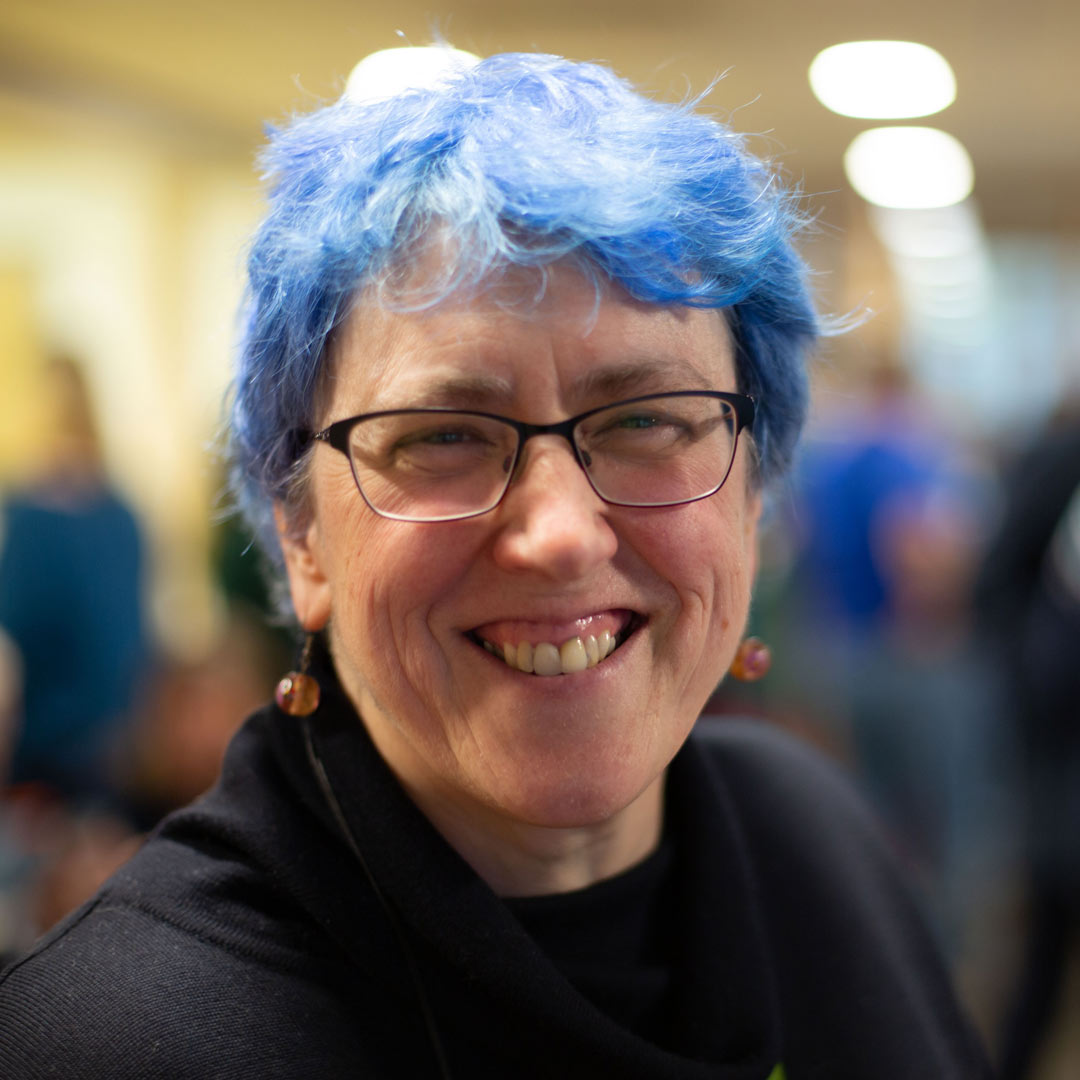Coming out fighting for “pioneering”
Coming out fighting for “pioneering”
“Pioneer” has become a disputed word. We know in many contexts it has colonial overtones. But Rev Tina Hodgett, Pioneering Parishes project leader, can’t think of a better term for initiators of new things.

by Tina Hodgett
I am coming out fighting. For the pioneer word. It’s been disputed for a while partly because of its associations with colonialism. I recognise and understand that in some parts of the world it might be too brightly linked with the sins of empire to describe anything good. I’m grieved by the damage done to people and land by ‘pioneers’ of the past. But the Greek word “archegos” in Hebrews 12:2 conveys the idea of a person who initiates new things, not a person who moves onto another’s territory in a spirit of blind entitlement and a contempt for what they don’t understand.
Jesus is described in the NIV and NRSV translations of the Bible as the “pioneer and perfector of our faith”. Other versions prefer “author” to “pioneer”, with its sense of beginning a story and its connections with the Word of God. But I prefer “pioneer”. Because the way it’s used in contemporary society is almost always about someone who sees the world as it is and imagines an alternative way of being or doing. A few hours on Radio 4 yields at least one example of a presenter talking about a pioneer: I am making a list!
Jesus ushers in newness on a cosmic scale. He pioneers a new way of being human. He is the first of many things: firstborn of all creation, first among many sisters and brothers, first fruits of those who have died. He is the Alpha.
He brings newness. But – newness always disrupts. We celebrate pioneers in the arts, science, medicine, technology, but pioneering in any field inevitably makes waves among the practitioners of the existing order (which was of course at one time also new). The people affected then have to do the hard spiritual work of coming to terms with the challenge this presents to the ego. Newness inevitably brings disruption and disruption causes fear: of loss of security, significance, influence, income. And so it was with Jesus. We could improvise: “Jesus the pioneer and disrupter of our faith…”?
This is why I’m committed to the pioneer word and resisted the alternatives a friend of Nigerian origin proposed when we were discussing the question: pilgrim, missioner, witness? He wanted to ensure any church-related pioneering wouldn’t assume the pre-suppositions of colonisation. We agreed it needed to flow from the humility of Christ. In the end he gave me permission for the pioneer word: none of the others conveyed the innovative and disruptive consequences of pioneering which even when they’re painful are necessary in any process of change.
It is the fear of pain, loss and conflict that has made the church often resist the new. But our desire to see culture change in the church is what made Greg Bakker and I call our lockdown project – a small start-up delivering online training – Pioneering Parishes. We have listened to the counter arguments and even co-convened a gathering with diverse voices to see if we could find consensus around another word. But a couple of weeks ago Greg and I came to the same conclusion independently on the same day. We asked: if we avoid the pioneer word do we weaken Jesus’ disruptive challenge to the church to do the courageous work of culture change in order to continually shift the energy of the church outwards to those who are unconnected?
On 16 November we launch our Community of Learning which is for all who are committed to learn, grow, share insight and be encouraged to enable culture change in the local church. For more information about this and other offers from Pioneering Parishes go to www.pioneeringparishes.org or email pioneering.parishes@churchmissionsociety.org
More from the blog
Finding space to make connections
Rebecca Evans talks about her role in Cornwall and the impact of studying with CMS on the African Christianity route.
Webinar: Exploring the Quiet Revival
Delve into The Quiet Revival, the groundbreaking new report from Bible Society, with its author Dr Rob Barward-Symmons.